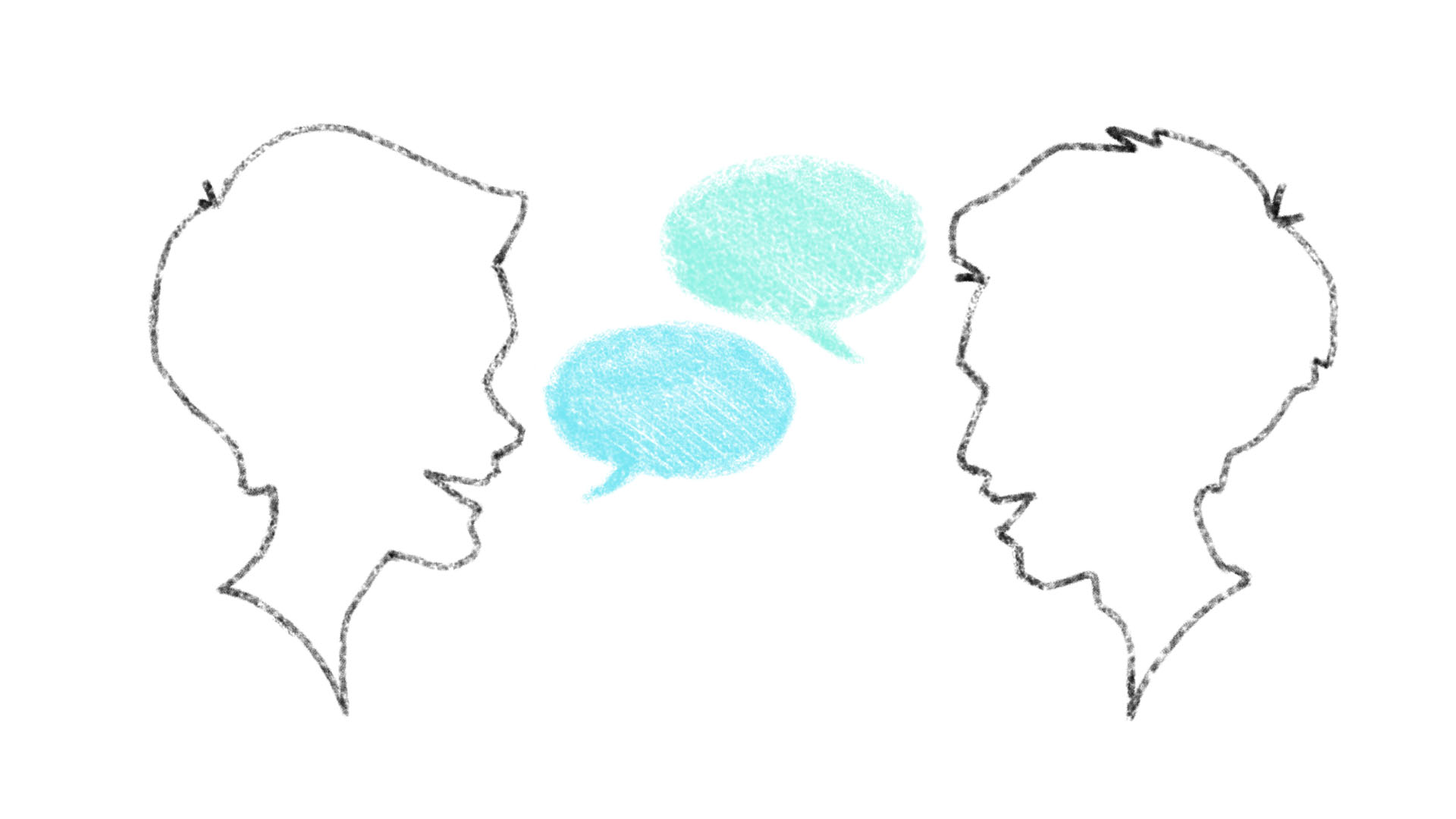We often pride ourselves on being good listeners. Whether it’s friends, clients, colleagues, or even strangers—we’re the ones who nod, hold space, and quietly absorb what others bring to us.
But what happens when someone shares something deeply personal, intense, or sexual—and you weren’t prepared for it?
Maybe it’s a friend who casually throws in a graphic detail at the end of a call. Or someone who seems to keep steering the conversation into topics you didn’t invite. You feel caught off guard, unsure what to say, and a little uncomfortable.
You wonder:
“Is it wrong to not want to hear this?”
“Am I being rude or unkind?”
Let me reassure you: you’re not a bad person for feeling uneasy. And no, you’re not being unkind by setting boundaries.
As a counsellor, I hold space professionally—but even I have to remind myself that outside of a therapeutic setting, consent and comfort matter. Being a good listener doesn’t mean being available for everything, all the time.
✋ You’re Allowed to Set Limits
If someone consistently brings up things that make you feel uncomfortable, it’s okay to say:
“Can we keep the conversation lighter today?”
or
“I’d prefer not to talk about that.”
You don’t owe anyone deep listening at the expense of your own wellbeing.
🔄 Check in With Yourself
Notice how your body reacts after these conversations. If you feel drained, unsettled, or irritated, don’t ignore it. That’s a signal worth paying attention to.
🤍 Kindness Includes Yourself
At OK Talk, we often work with people who feel burned out from constantly being there for others. They’re kind, thoughtful, generous—and also exhausted. Why? Because they’ve been told that to be good, they must always be available.
Let’s rewrite that.
You can be compassionate and still say no.
You can care about someone and still create space.
You’re allowed to protect your energy.
If this resonates with you—or if you’ve been navigating something similar—know that you’re not alone. Boundaries aren’t barriers. They’re bridges to healthier, more balanced relationships.

